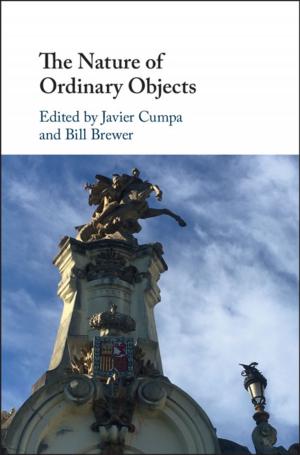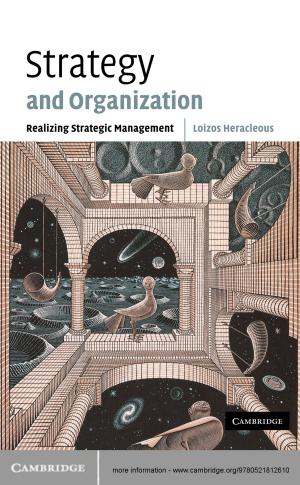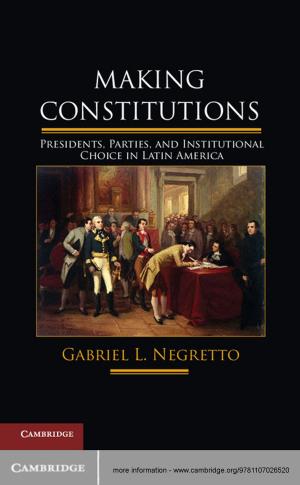The Street Is Ours
Community, the Car, and the Nature of Public Space in Rio de Janeiro
Nonfiction, History, Americas, Latin America, Science & Nature, Nature| Author: | Shawn William Miller | ISBN: | 9781108693165 |
| Publisher: | Cambridge University Press | Publication: | July 31, 2018 |
| Imprint: | Cambridge University Press | Language: | English |
| Author: | Shawn William Miller |
| ISBN: | 9781108693165 |
| Publisher: | Cambridge University Press |
| Publication: | July 31, 2018 |
| Imprint: | Cambridge University Press |
| Language: | English |
The streets of Rio de Janeiro have long been characterized as exuberant and exotic places for social commerce, political expression, and the production and dissemination of culture. The Street is Ours examines the changing uses and meanings of Rio de Janeiro's streets and argues that the automobile, by literally occupying much of the street's space and by introducing death and injury on a new scale, significantly transformed the public commons. Once viewed as a natural resource and a place of equitable access, deep meaning, and diverse functions, the street has changed into a space of exclusion that prioritizes automotive movement. Taking an environmental approach, Shawn William Miller surveys the costs and failures of this spatial transformation and demonstrates how Rio's citizens have resisted the automobile's intrusions and, in some cases, even reversed the long trend of closing the street against its potential utilities.
The streets of Rio de Janeiro have long been characterized as exuberant and exotic places for social commerce, political expression, and the production and dissemination of culture. The Street is Ours examines the changing uses and meanings of Rio de Janeiro's streets and argues that the automobile, by literally occupying much of the street's space and by introducing death and injury on a new scale, significantly transformed the public commons. Once viewed as a natural resource and a place of equitable access, deep meaning, and diverse functions, the street has changed into a space of exclusion that prioritizes automotive movement. Taking an environmental approach, Shawn William Miller surveys the costs and failures of this spatial transformation and demonstrates how Rio's citizens have resisted the automobile's intrusions and, in some cases, even reversed the long trend of closing the street against its potential utilities.















